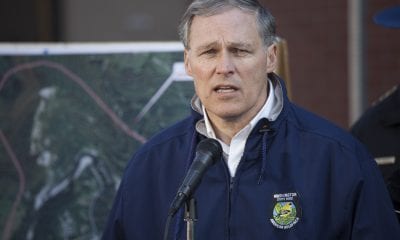
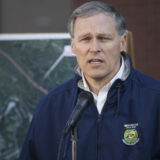
“Those who would shackle us to the pessimistic view of inaction doom us to sacrifice,” says Washington’s governor. “They doom us to sacrificing our clean air and to sacrificing the ability to walk in a forest that’s not charred down.”
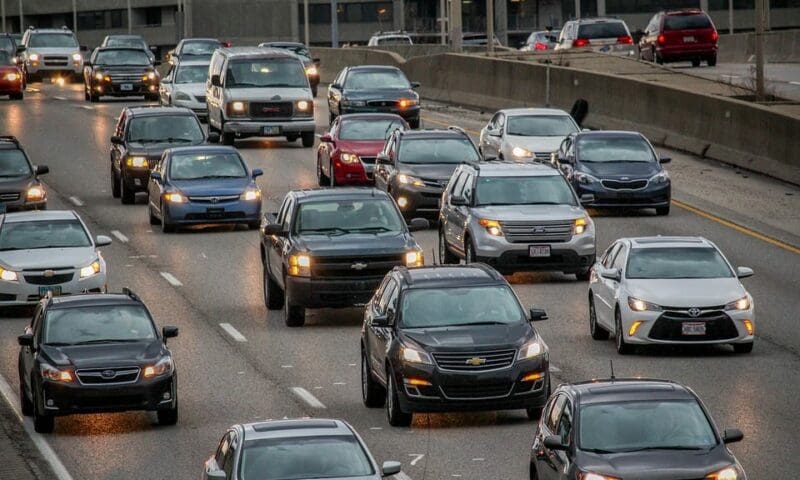

A new state report says increasing automobile traffic is derailing California’s climate goals.
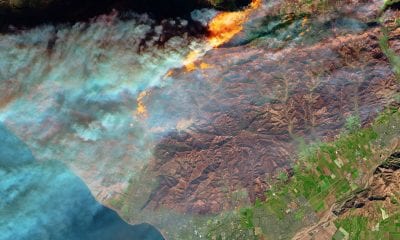
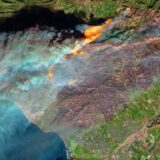
After two of the most devastating fires in California history, environmentalists and urban planners question why Los Angeles County, or any county in the state, would approve wilderness community developments.

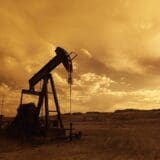
Co-published by Newsweek
So far, Gavin Newsom has only affirmed his support for a ban on hydrofracturing, although activists are hopeful he will be more aggressive on environmental issues than Jerry Brown.
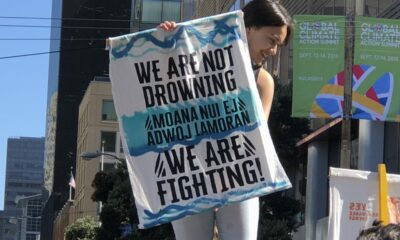

Co-published by Fast Company
Much of the recent gathering in San Francisco involved corporate and government backslapping — noble but too easily mocked.
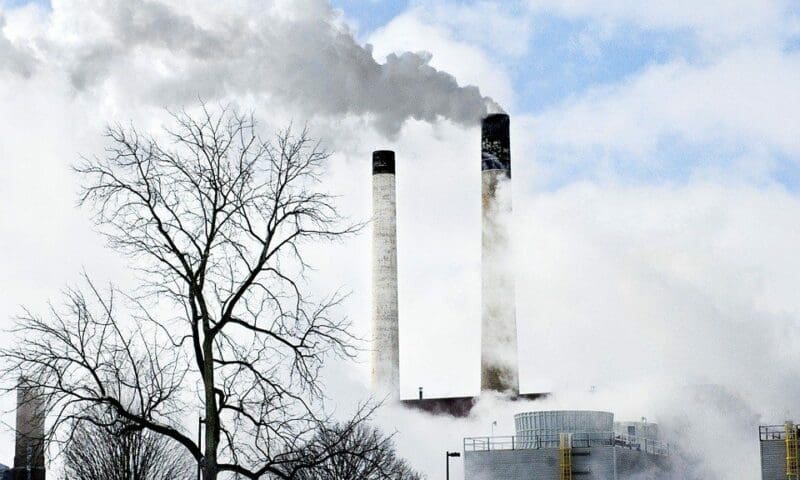
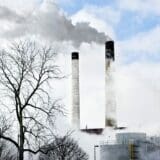
Environmentalists are hoping that a trial, due to begin October 29, will explain to the public how the government has known for decades about the dangers of fossil fuels but failed to act on this knowledge.


“Those of us who’ve been working on environmental justice and climate justice,” says Mustafa Ali, “understand we’re talking about housing, transportation, the environment, public health and jobs.”
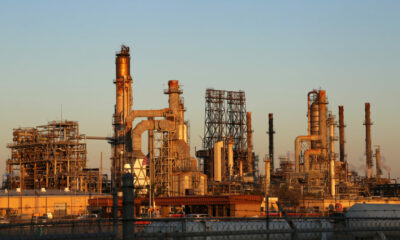
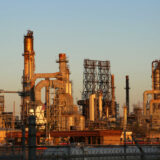
Research shows that global warming will hit the American economy hard, particularly in the South.
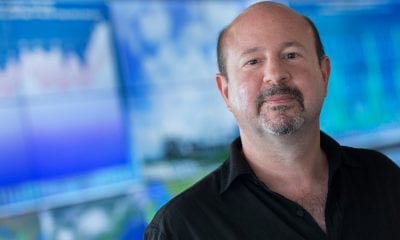

Many scientists assert that this summer’s intense weather is being fueled by climate change. One of the most prominent is Penn State climatologist Michael Mann, who says the connection between the two is like “the link between smoking cigarettes and lung cancer.”
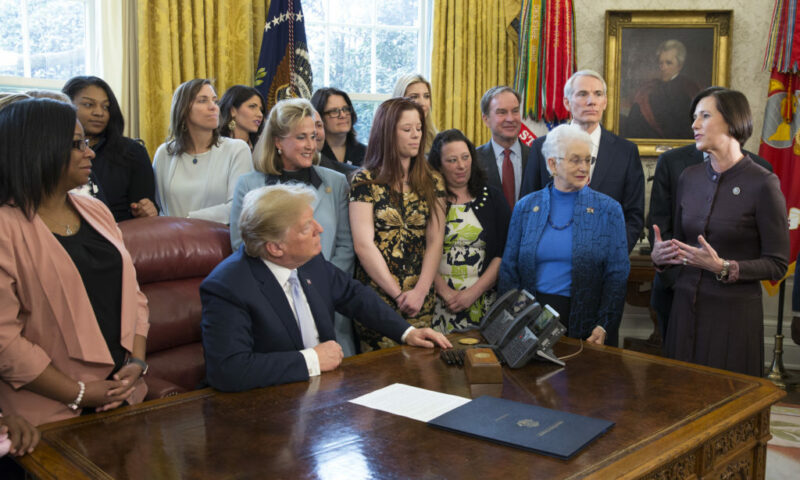
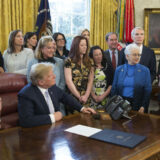
Co-published by International Business Times
Lowering taxes, shrinking the size of federal government and reducing the deficit were issues that played well in Mimi Walters’ conservative Orange County district. Then came the Parkland massacre.
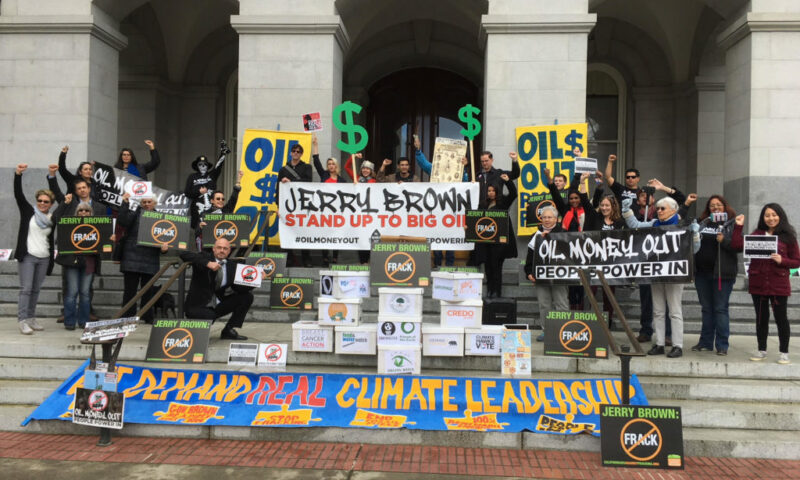
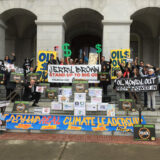
Climate-change activists hoping to hear the governor propose a new climate initiative during his State of the State speech Thursday were disappointed.

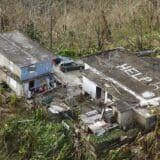
The press tends to cover the immediate aftermath of natural disasters. Readers get heroic stories, viewers see great visuals, and if they are lucky, the victims get help while people are paying attention. Then comes the long road to recovery.
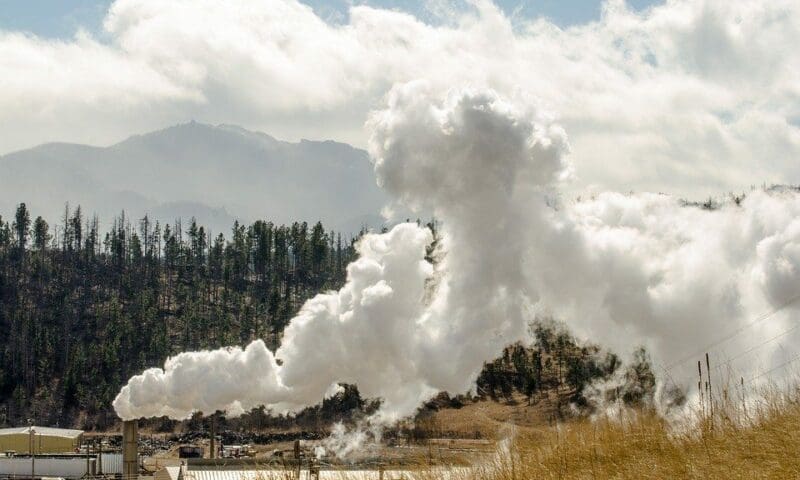
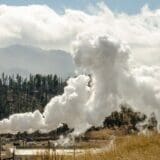
Some experts argue that private-sector efforts to stop climate change have penetrated too deeply into the business world, and claimed too much capital, to be thwarted by any single federal administration.
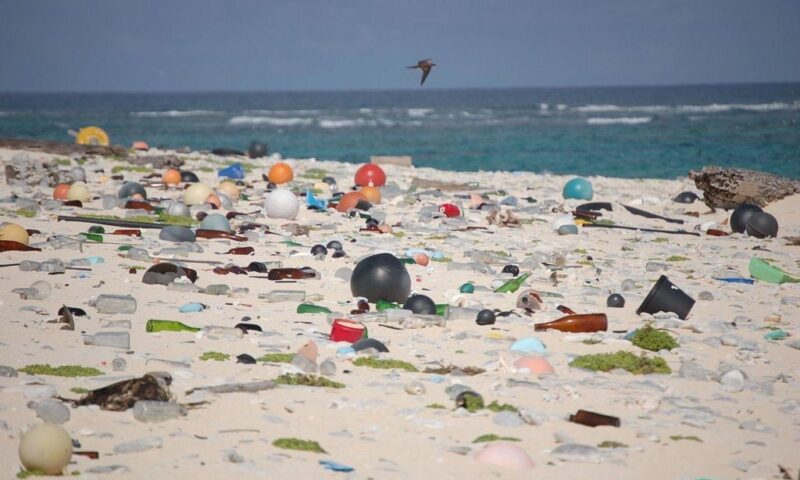

We are suffering a period of extreme weather patterns that a German insurance company says could only happen because of climate change. Last year was the hottest year ever – tracking on 14 months in a row of record-breaking temperatures.
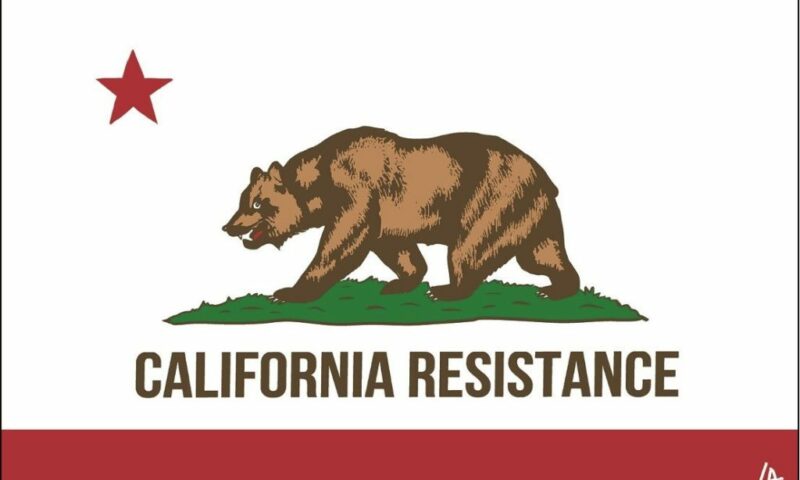
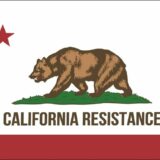
For the past two decades, California has been at the cutting edge of social and economic change in America. Now, with Donald Trump about to enter the Oval Office, the Golden State is poised to take on a new role: leader of the anti-Trump resistance.
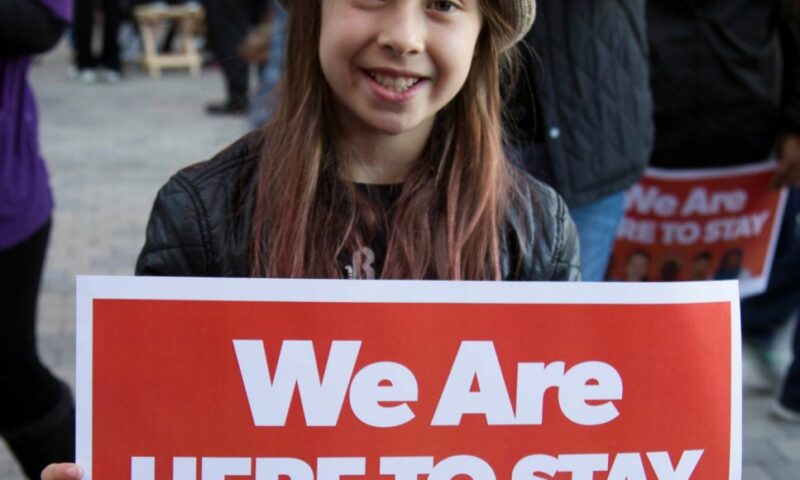
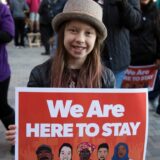
Over the next four years these California leaders will be in the forefront of opposing the Trump administration on immigration, the environment, labor rights and other issues.
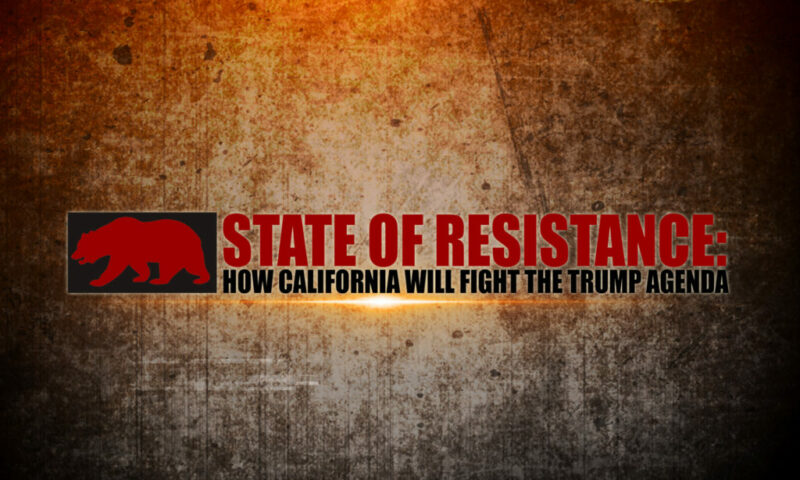
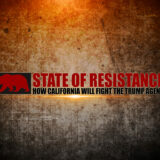
More than any other place, California is well positioned to push back against the agenda of the incoming president. In this special series, Capital & Main examines why and how the Golden State will both lead the resistance to Donald Trump and continue to advance progressive ideas and policies.
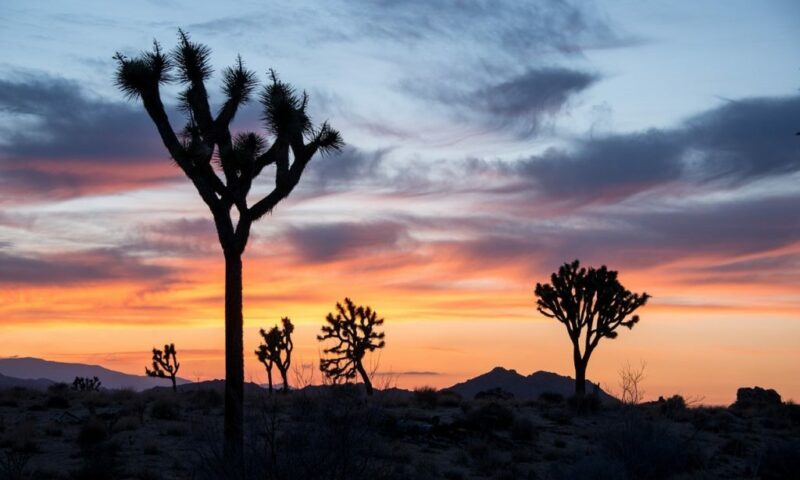
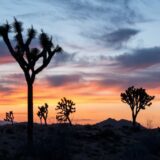
We have a favorite place to camp at Joshua Tree where, this time, across the road from this spot, a guy drove a spiffy pickup truck and pulled a tiny trailer. Both he and his wife attend an evangelical mega-church near their Inland Empire home, He believed in human-caused climate change, she did not.
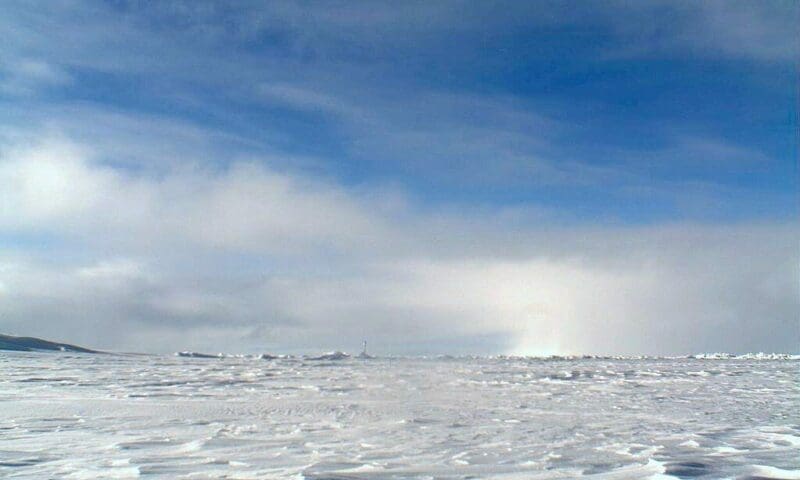

The elephant in the room at the presidential debates was climate change. According to a piece in Slate, this year the candidates spent a total of five minutes and 27 seconds on the subject. That’s better than 2012 when candidates didn’t mention it at all.
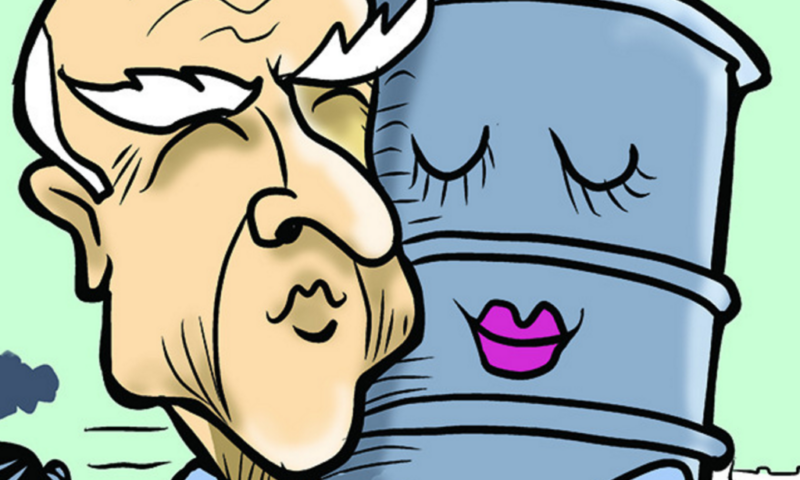
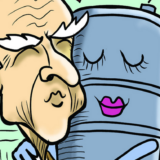
Bill Raden reports how Big Oil is trying to scuttle California’s program to reduce greenhouse gases.